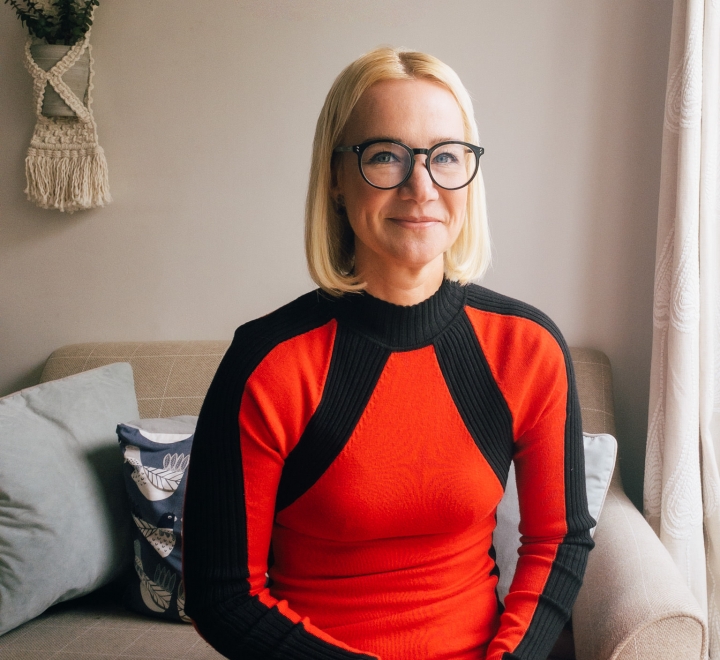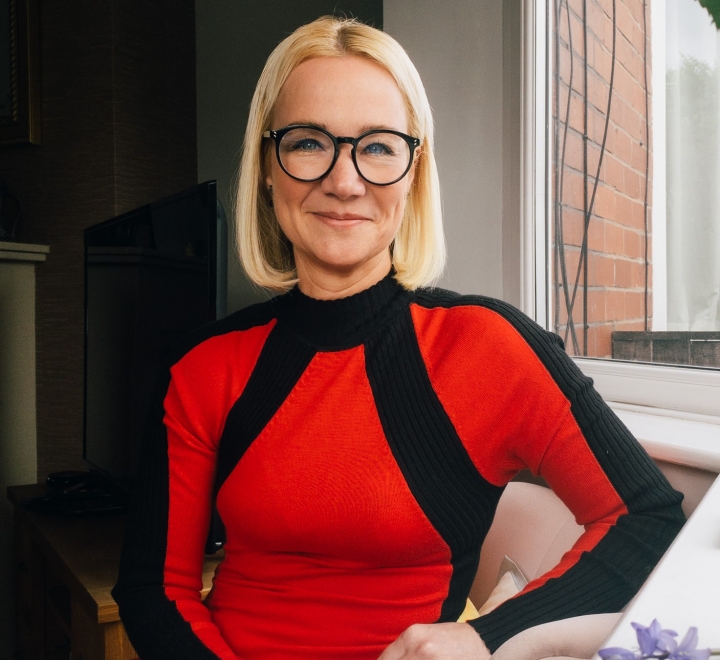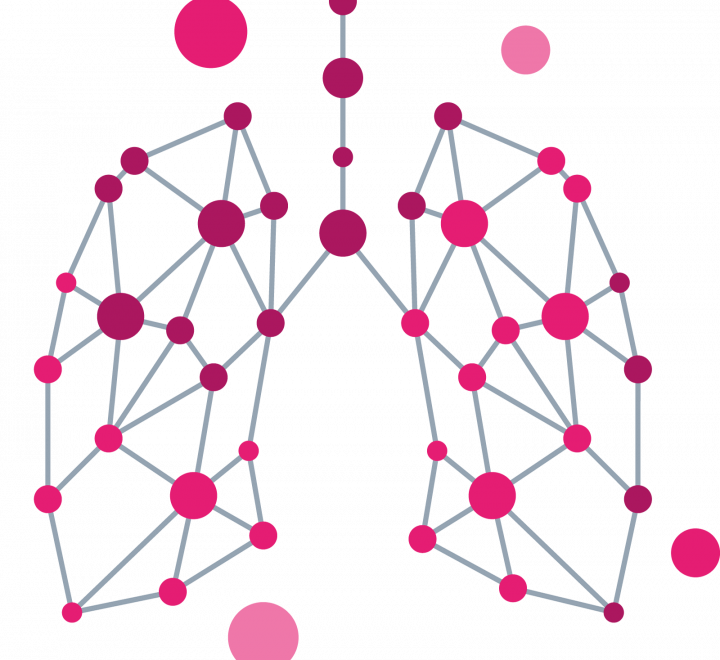

The importance of empathy
To Emma, nurses are in a unique position to make a difference. “I always say being caring is key, but it’s much more than that. You need to have attention to detail in every way. From making a bed, ensuring there are no creases because these can cause pressure sores1, down to the science and physiology.”
Diagnosing respiratory conditions like asthma can be a challenge. But Emma finds patient care and being able to change someone’s quality of life rewarding. “Being there and caring for people is a privilege. You’re able to manage and treat their conditions and see a difference. I have the privilege to do this in a hospital setting and in someone’s own home.”
Emma thinks compassion and empathy is as equally important with colleagues too. “Being caring matters. Helping and congratulating each other on successes is vital.”
A career in respiratory
Emma always intended to go into respiratory care and is fascinated by the conditions. “COPD is very prevalent in the area I live.2 Imagine being diagnosed with an irreversible lung condition? It’s really sad,” she says. “Being there, supporting the patient and understanding the emotional aspect is key. Some patients feel like they’re letting people down, but I think many people underestimate the impact of it.”
It was Emma’s last year on placement as a student that brought about her love for respiratory care. “I thought it wise to start in general nursing, but I was completely drawn to respiratory patients,” she says. “Within six months after starting out on AMU, I moved to a respiratory ward and worked at the University of Oxford alongside my full-time job! I used to travel down from Wythenshawe and do trials in cardiovascular. I just loved the challenge.”
After qualifying as a nurse, Emma soon completed her MSc in Professional Practice with a pathway of difficult asthma. “It was quite unusual at the time to do something like that, but I just wanted to stay ahead and learn everything. I was very lucky to find something I love, in an area I’m passionate about. I feel lucky even now.”
Emma has had a varied nursing experience over her 17 years in the field. “My role has changed over time. I started out in intensive care, moved into research and now I’m in primary care,” she tells us.
Now, Emma is the first respiratory nurse consultant at Liverpool Heart and Chest Hospital.
“All that experience has come together and helped me realise this is where I’m meant to be now. Supporting patients, practice staff and any issues they’re having.”
Emma says her job is fascinating because of the diverse challenges she faces. Talking of her role, she loves the variety it offers. “My job is split into a summer and winter role,” she says. “In the summer I do community clinics and work in A&E and do two days in research. In the winter, I work on a respiratory ambulance in collaboration with North West Ambulance Service and in A&E, so I’m 100% clinical which is so much fun. How many people get to do a job where they do so many different things?”

Changing healthcare through research
Emma has gained many qualifications in respiratory care and is active in the research space. She’s passionate about reducing health inequalities in respiratory care and is undertaking a PhD in improving palliative care for patients with COPD attending the emergency department.
“End of life care is really sensitive and difficult. As healthcare providers, I feel like we’re not equipped, with the skills, knowledge or experience to be able to care for these patients in an A&E environment,” Emma tells us.
“My PhD, using thematic analysis, involved interviewing consultants, physician associates, nursing and physiotherapists equally over two hospital sites to discover their perceptions on end of life care in A&E. It showed all the things I thought, that people don’t feel empowered or have the experience to have those difficult conversations. With COPD, because the disease trajectory is up and down, often when someone has an exacerbation, you’re not sure if it will be the last one as patients can recover.”
It’s a science
Ask Emma what she wishes more people knew about nursing and she’ll tell you it’s a science. “I’ve always had a love for science and wanted a job where I could care for people. But there are lots of healthcare professionals that I think are underestimated, nursing is definitely one, physiotherapists, paramedics, physiologists also.”
“I’ve always had a love for science and wanted a job where I could care for people. But there are lots of healthcare professionals that I think are underestimated, nursing is definitely one.”
Emma tells us she’s driving to promote the idea of nursing as a science, creating greater equality within healthcare careers. Emma wants to be a strong role model to promote equality, offer career pathways and promote the professional identity of a nurse.
The pandemic was an important time for respiratory teams. “We became closer, we’ve really taken care of each other. At Liverpool Heart and Chest, it also brought an opportunity. We worked with the cardiologists and cardiology nurse specialists which has built positive relationships within cardio-respiratory and emergency care,” Emma says.
“I want to do more to encourage others aspiring to be a Nurse Consultant to feel empowered to be innovative, to know that they can set services up on their own. I’m lucky I have an amazing leadership team who support multi-disciplinary, consultant-led services,” she tells us. “Believe in yourself, you can do it.”
If Emma had one piece of advice for anyone starting out in respiratory, it’s to be prepared. “It’s an amazing area to work in, it’s challenging, really interesting and an exciting time. You need to be adaptable and enthusiastic.”
Emma says anything is possible. “As a nurse, you are amazing. You’re a specialist. There aren’t any limits, you can achieve anything.”

Emma's top picks
Books or TV?
Books. But when I say books it’s got to be something that can help build my knowledge.
Tea or Coffee?
Tea. I don’t need coffee, I’m hyperactive enough!
Early, late or night shift?
Early, I’m an early bird.
On the ward, in practice or out in the community?
That is difficult – all of them. It’s what my job is.
Summer or winter?
Summer, but spring if any! You can go outside, socialise and have BBQs.
References
- NHS UK. Bed sores fact sheet. Available at: http://www.nhs.uk/ipgmedia/National/Marie%20Curie%20Cancer%20Care/assets/Bedsores.pdf
- Asthma + Lung UK. Chronic obstructive pulmonary disease (COPD) statistics. Available at: https://statistics.blf.org.uk/copd
Related stories


Interactive self-management: the programme supporting respiratory patients
Read article




